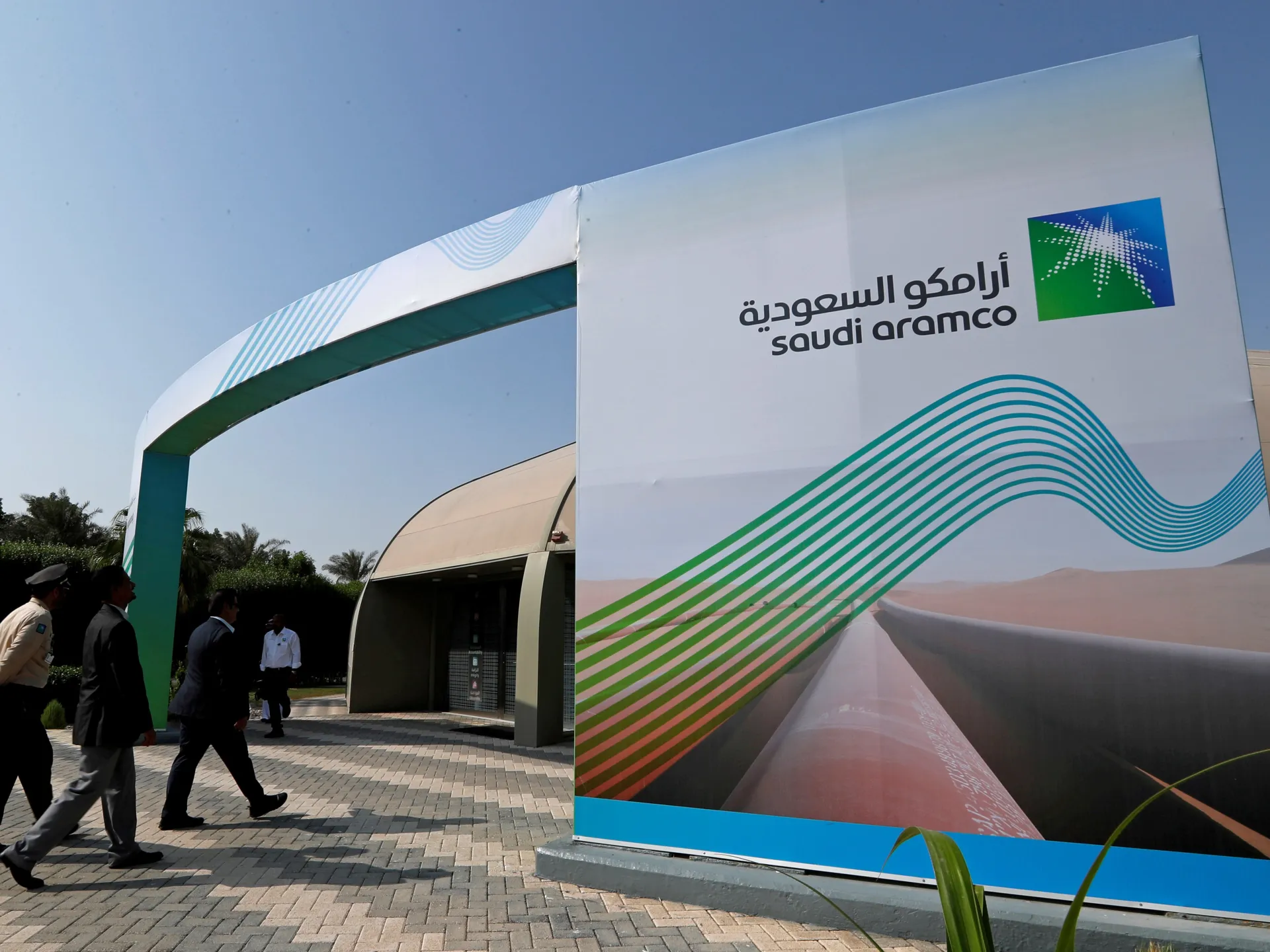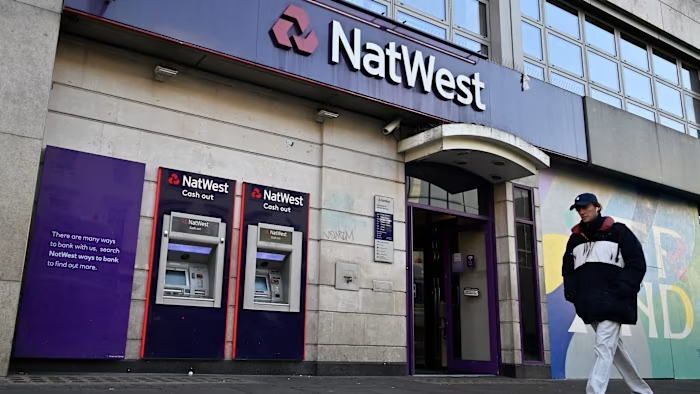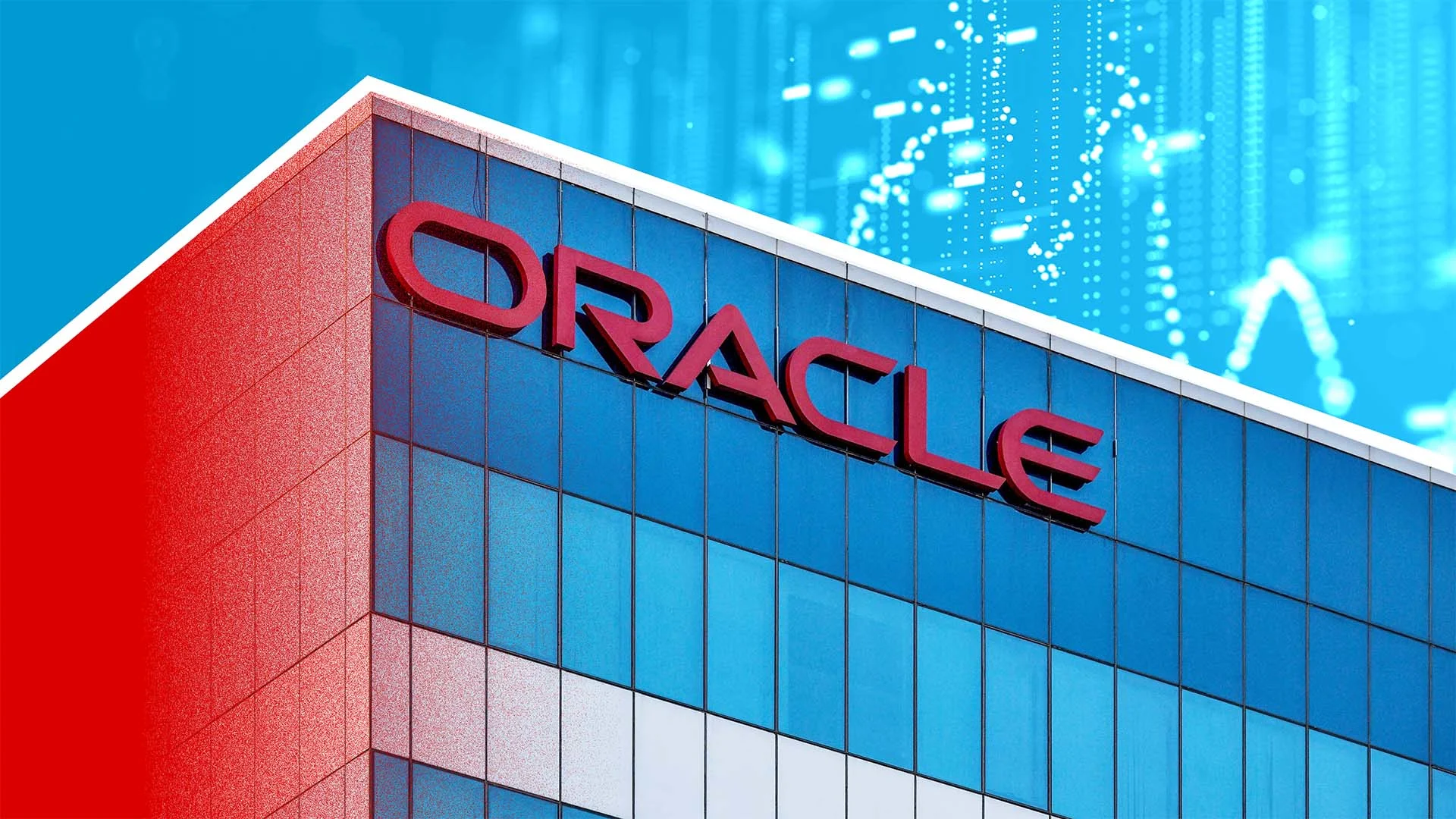Washington D.C., the nation’s capital, is often thought of primarily as the seat of American politics. Yet beyond the iconic monuments, historic buildings, and bustling corridors of power, the city sustains a complex and dynamic economy shaped by both public and private sectors. Its unique position as the hub of U.S. government operations makes D.C.’s economic landscape distinct from other major U.S. cities, with politics and policy decisions playing a central role in determining economic outcomes.
The federal government is the dominant economic engine in Washington D.C. More than 25% of the city’s workforce is employed directly by the federal government, and countless others are engaged in sectors that rely heavily on government contracts, lobbying, and related services. Agencies, departments, and government offices require extensive support from contractors in fields ranging from IT and cybersecurity to professional consulting, creating a ripple effect throughout the local economy. The presence of these federal institutions provides a level of economic stability that many other urban centers lack, insulating the city somewhat from the volatility of private-sector-driven economies.
Federal spending drives not only employment but also real estate and urban development. Office buildings near Capitol Hill, the White House, and other federal sites command high rents due to consistent demand from contractors and organizations seeking proximity to policymakers. Similarly, residential real estate benefits from the steady influx of government employees and contractors who often prefer to live close to their workplaces. This dynamic has contributed to one of the highest average incomes among major U.S. cities, though it also exacerbates affordability challenges for lower-income residents.
Beyond the direct impact of federal employment, politics plays an outsized role in shaping D.C.’s broader economy. Legislative and regulatory decisions can create booming markets overnight. For instance, legislation impacting healthcare, defense, or technology can dramatically affect local contractors and service providers. Lobbying firms, advocacy groups, and think tanks thrive in this environment, employing thousands and generating significant economic activity. The cyclical nature of political activity—elections, legislative sessions, and policy debates—translates into cycles of demand for consulting, legal advice, and policy analysis, creating a unique rhythm to the city’s economic life.
D.C.’s economy is also heavily intertwined with the broader knowledge and professional services sectors. Law firms, accounting firms, and research organizations are drawn to the city to stay close to decision-makers. These institutions benefit from a concentration of highly educated workers, including many with advanced degrees in law, political science, and public administration. As a result, the city has developed one of the most highly educated workforces in the nation, which in turn attracts additional high-value industries such as tech startups, policy-oriented consultancies, and international non-profits.
Tourism and hospitality further contribute to the economic mix, though they are closely tied to the political climate. Government-related events, from congressional hearings to international summits, draw visitors who spend on hotels, restaurants, and transportation. Museums, historical sites, and cultural institutions benefit from both domestic and international tourism. However, the city’s dependence on political activity means that economic performance in these sectors can fluctuate with changes in government operations, budget priorities, and policy decisions that impact travel.
While the federal government provides stability, it also presents challenges. The city’s budget and economic planning are intricately linked to political processes in which residents have limited representation. Washington D.C. has a mayor and city council, yet Congress retains ultimate authority over many budgetary and legislative matters. This dependency can slow local decision-making and create uncertainty for investors and businesses. Political debates over issues like tax policy, infrastructure funding, and housing regulations can have direct and immediate economic consequences, making Washington a city where business strategy and politics are inseparable.
The private sector, though smaller in comparison to federal influence, has grown steadily in areas less directly tied to government activity. Technology, healthcare, and professional services have emerged as significant contributors to the city’s economic base. Tech companies, for instance, benefit from government contracts as well as the proximity to policy experts who shape regulatory frameworks affecting digital and cybersecurity industries. Healthcare providers and biotech firms find a skilled workforce and research funding through public-private partnerships. These industries help diversify the economy, making it less reliant solely on government employment while still remaining connected to the political ecosystem.
Civic and community organizations also play a subtle yet important role in Washington D.C.’s economy. Non-profits and advocacy groups are among the largest employers in the city, supporting social programs, cultural initiatives, and international development projects. These organizations attract skilled professionals, generate economic activity through events and programs, and further solidify D.C.’s reputation as a city where policy and practice intersect.
Despite its economic strengths, the city faces persistent challenges. Income inequality is stark, with a significant portion of the population struggling to afford housing and basic services. Dependence on federal employment can create vulnerabilities if budget cuts or government shutdowns occur. The cost of living remains high, and efforts to stimulate affordable housing development often clash with political and regulatory hurdles.
Ultimately, Washington D.C.’s economy is inseparable from its identity as the political heart of the United States. Policy decisions, legislative activity, and political cycles influence nearly every aspect of business and employment in the city. From high-end consulting firms to small service providers, from tourism to tech startups, the economic fortunes of D.C. are entwined with the machinery of government. This unique interdependence makes Washington D.C. not only a center of power but also a fascinating case study in how politics can shape an urban economy in both predictable and surprising ways.
As the city continues to evolve, the balance between federal influence and private-sector growth, along with efforts to address affordability and inequality, will shape the next chapter of D.C.’s economic story. In Washington, economics and politics are two sides of the same coin, each constantly influencing the other, ensuring that the city remains unlike any other in the United States.
Other Articles:




